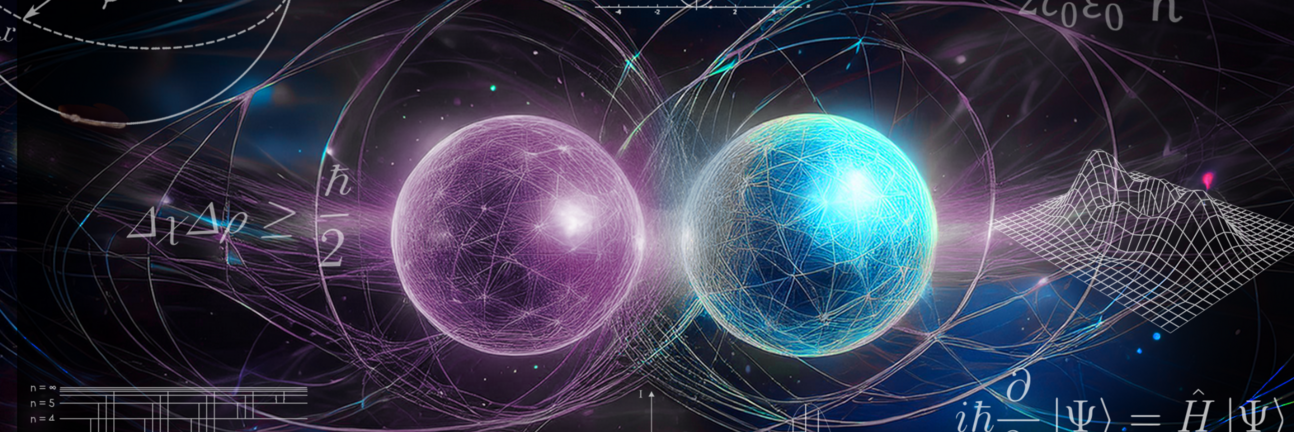Control over quantum mechanical phenomena underlies a wide range of modern technologies. These include, for example, lasers or modern semiconductor materials. In both cases, a large number of elementary building blocks are controlled, in this case photons or electrons.
In addition, the targeted microscopic detection and control of individual elementary building blocks opens up a completely new window into the world of quantum mechanics.
In my talk, I would like to illustrate how our work provides insights into this fascinating microscopic world by using lasers to cool, control and detect individual atoms. This allows us to assemble and then study more complex quantum mechanical systems, building block by building block, atom by atom. Our experiments enable us, on the one hand, to discover novel phenomena in interacting many-body quantum systems. On the other hand, they allow us to work with atoms as quantum mechanical information carriers and to realize so-called quantum computers. Such machines could potentially perform calculations that exceed the capabilities of classical computers, thus opening the door to new applications.
The "Physik Modern" lecture series in the quantum year 2025 offers insights into various areas of quantum physics, from the history of the theory's origins to its postulates and current research. The lectures are organized by LMU Physics and the Cluster of Excellence Munich Center for Quantum Science and Technology and present current research areas of the Faculty of Physics at LMU Munich and the participating Max Planck Institutes in a generally understandable way. The lecture series is aimed at a broad public interested in the subject. After the lecture there will be room for discussion and personal dialogue.
